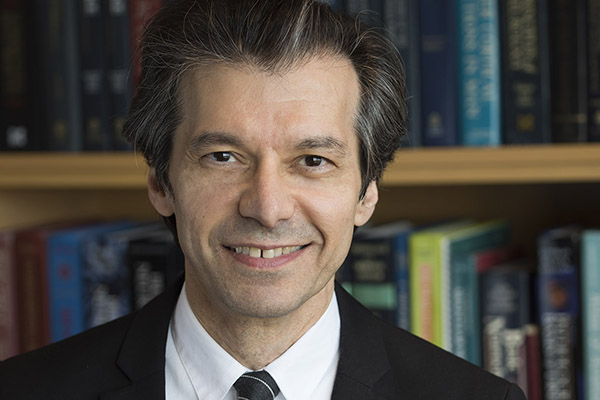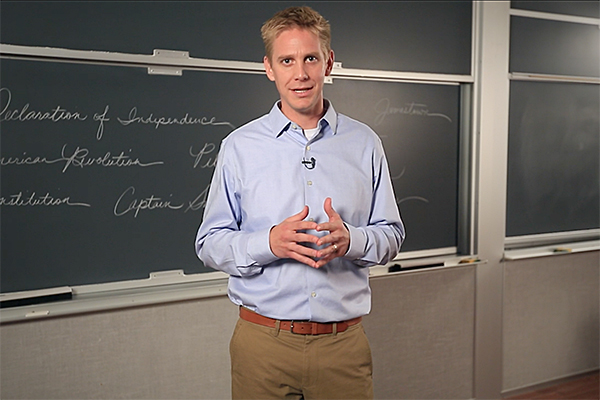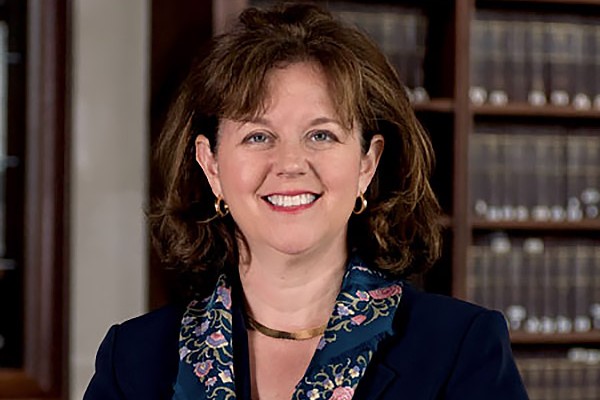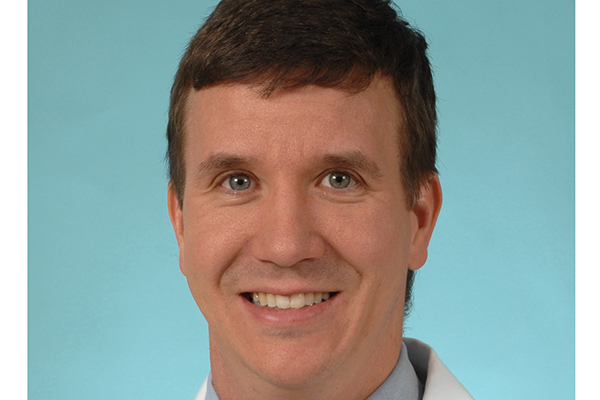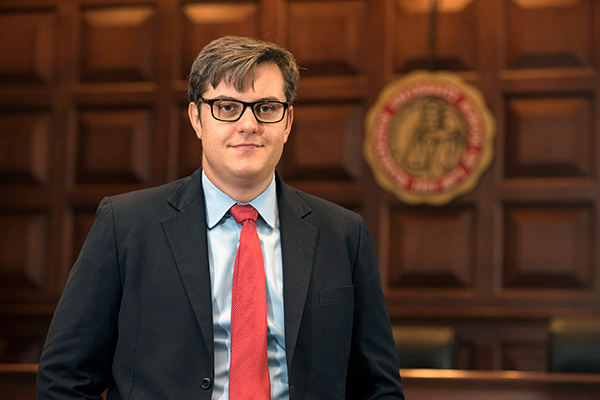Supply chain disruptions from Harvey to increase transportation and logistics costs
When disasters occur, we are all emotionally affected. But much of the work of rebuilding, in cities large and small, will fall squarely on the shoulders of an often unrecognized party: the supply chain manager. In today’s tightly connected supply chain, a localized disaster — regardless of where it takes place — can have global implications. It is no exaggeration to say that, in the weeks and months to come, the whole world will feel their after-effects.
Bonni elected to Canada’s premier academic society
Azad Bonni, MD, PhD, the Edison Professor and head of the Department of Neuroscience at Washington University School of Medicine in St. Louis, has been elected to the life sciences division of the Academy of Science of the Royal Society of Canada.
Sustainability offers waste-sorting tips
Confused about what can be recycled or composted on campus and what needs to be tossed? The Office of Sustainability has created a short video to help sort it out.
McLeod Writing Prize winners announced
This year’s winners of the Dean James E. McLeod Freshman Writing Prize have been recognized. They are are Gabriella Ruskay-Kidd and Ella-Marie West, and Luka Cai Minglu received an honorable mention. The prize awards students in Arts & Sciences who engage in research that explores an aspect of race, gender or identity.
Should America be the world’s cop? What the experts say
Many American presidents have claimed that the United States has a distinct responsibility to fight for freedom across the world. Rising out of the Cold War era and continuing through the Obama presidency, there came to be some consensus on the rhetoric for interventions abroad. These days, the rhetoric has changed.
Global Trumpism, Week 35: Celebrating peace in the shadow of the mushroom cloud
Today is the International Day of Peace at the United Nations. It is celebrated with a theme, with meetings, with videos, and is undertaken each year with a view to bringing the voice of peace into the halls of the United Nations during the Organization’s plenary opening sessions each year. It is a beautiful event. I had the opportunity to be present the day before to moderate an important event on the eve of International Peace Day entitled “Completing the Legacy of Nuremberg: Activating the Jurisdiction of the International Criminal Court Over the Crime of Aggression in 2017.”
Froelke named EMS medical adviser for national organization
Brian Froelke, MD, assistant professor of emergency medicine at Washington University School of Medicine in St. Louis, has been named the emergency medical services medical adviser to the Center for Patient Safety.
Police officers are bypassing juries to face judges
The city where I live and work has been roiled by protests after the acquittal of former city police officer Jason Stockley on first-degree murder charges for his 2011 shooting of Anthony Lamar Smith. Again, to many of us, the justice system seems unwilling to hold law-enforcement officers to account for violence against people of color.
Who Knew WashU? 9.19.17
Question: The late Vilray P. Blair, MD, the first division chief of plastic and reconstructive surgery at the School of Medicine, had distinctive taste in decorating. What covered the walls of Blair’s operating room?
University’s Bauman, Ghasedi selected for FOCUS St. Louis program
Angela Bauman, director of admissions operations for Olin Business School’s Executive MBA program, and Nadia Ghasedi, associate university librarian for University Libraries, were selected for the fall 2017 class of FOCUS St. Louis’ Emerging Leaders program.
Older Stories

